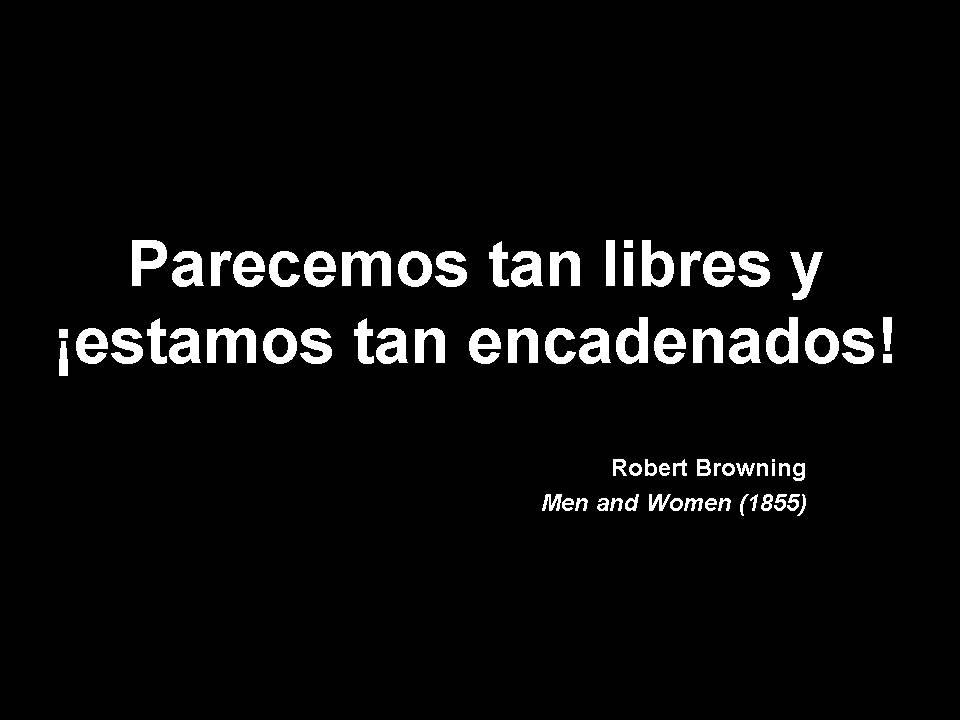(TLDR: Thoughts on trauma with a relevant open question at the end.)
I wanted to take a moment and talk about trauma responses and how we, as people, try to get our needs met in a state of trauma.
What happens when we try to create areas that are 1 ) not trauma inducing and 2 ) are trauma informed while still experiencing trauma?
Trauma, in general:
When we're in a traumatic situation, we learn a lot of maladaptive responses. By that I mean we learn things that help us push through and/or survive the situation, but that damage healthy relationships. This is one of the earlier things that people in trauma recovery learn: "Let go of what no longer serves you."
Examples of things like this: it is common an abusive relationship to be told to Document Everything. Paper trails, possible camera recordings, etc. to keep yourself safe. BUT! When you transition from "unsafe" to "safe", these same behaviors are typically really invasive to your new partner, even if they understand why you're doing what you're doing.
Multiple spaces:
One aspect of trauma recovery focuses on what happens when the traumatic event ends. You've left your abuser, you've started to having savings after a life of poverty, etc. The skills and processing that happens here is different from enduring the trauma while it is still happening.
I think about this a lot, and heavily, at Nivenly  (and it's projects, like Hachyderm
(and it's projects, like Hachyderm  ) and others. Because the world is currently very trauma inducing and it is very difficult to ask people to unlearn patterns that hurt them, when they've been reinforced that those are the only patterns that are successful.
) and others. Because the world is currently very trauma inducing and it is very difficult to ask people to unlearn patterns that hurt them, when they've been reinforced that those are the only patterns that are successful.
I do have more things I'd like to say, but in the now I want to pivot to a public discourse to hear what you have to say.
* How do you recognize when you're in a trauma free, but trauma informed, environment?
* What do you do when you want to participate in, organize/run, or create these environments?
* Or what are any general thoughts you have?
Scope broad: not just online, not just "events" like conferences, just a very open discussion 
#CommunityGarden #BetterTogether
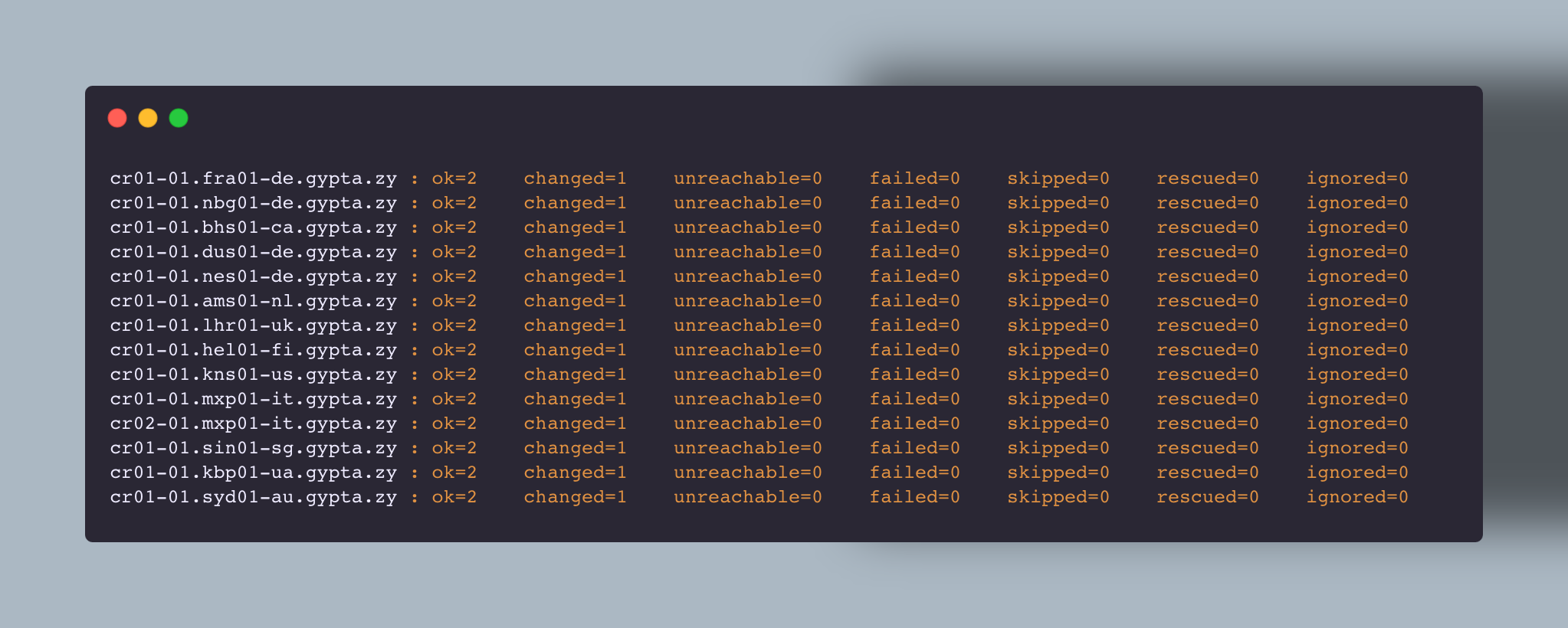
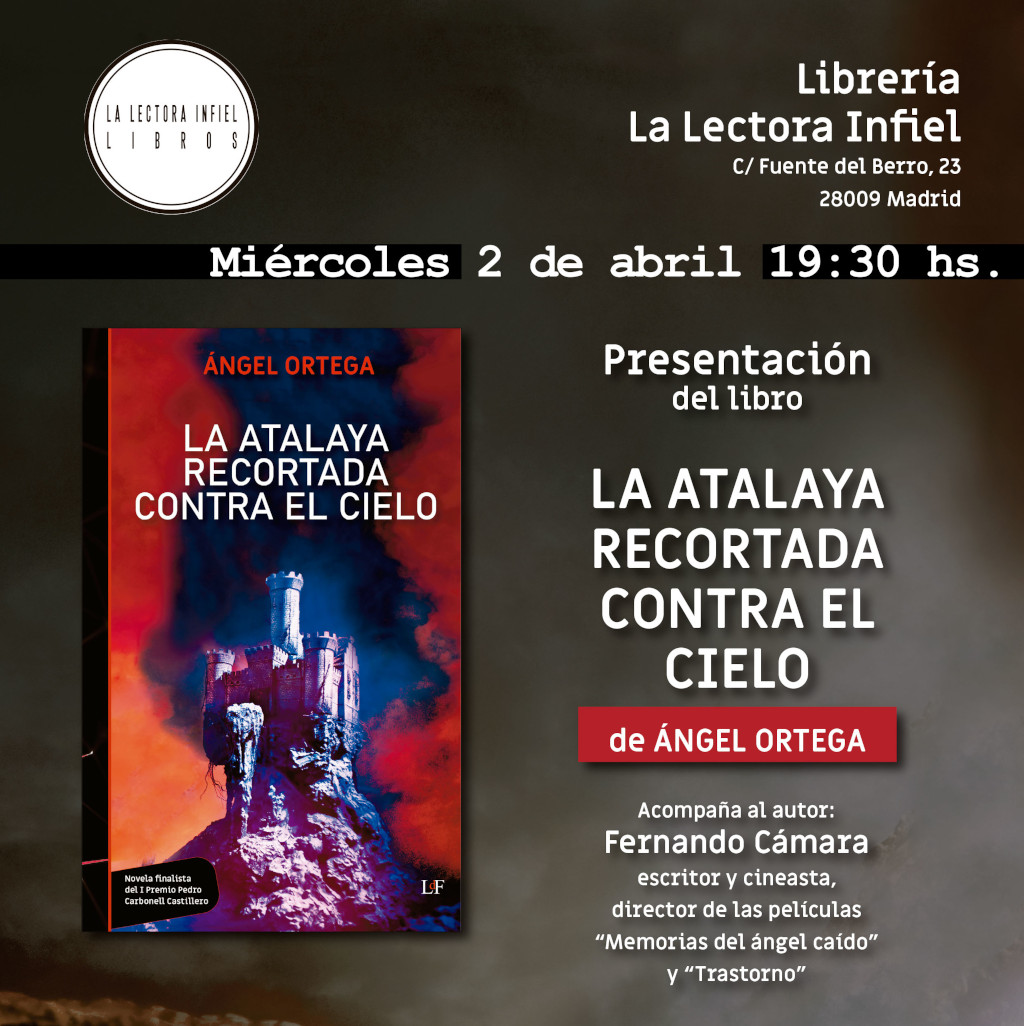







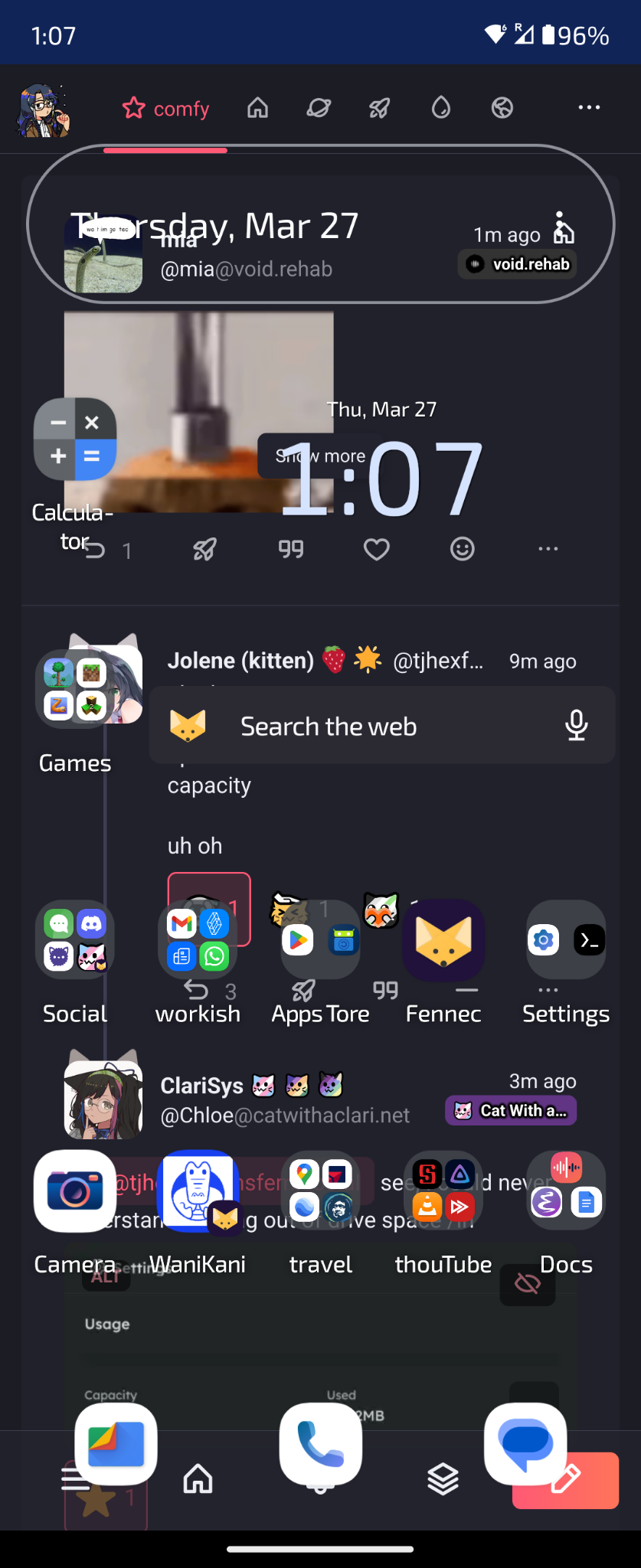





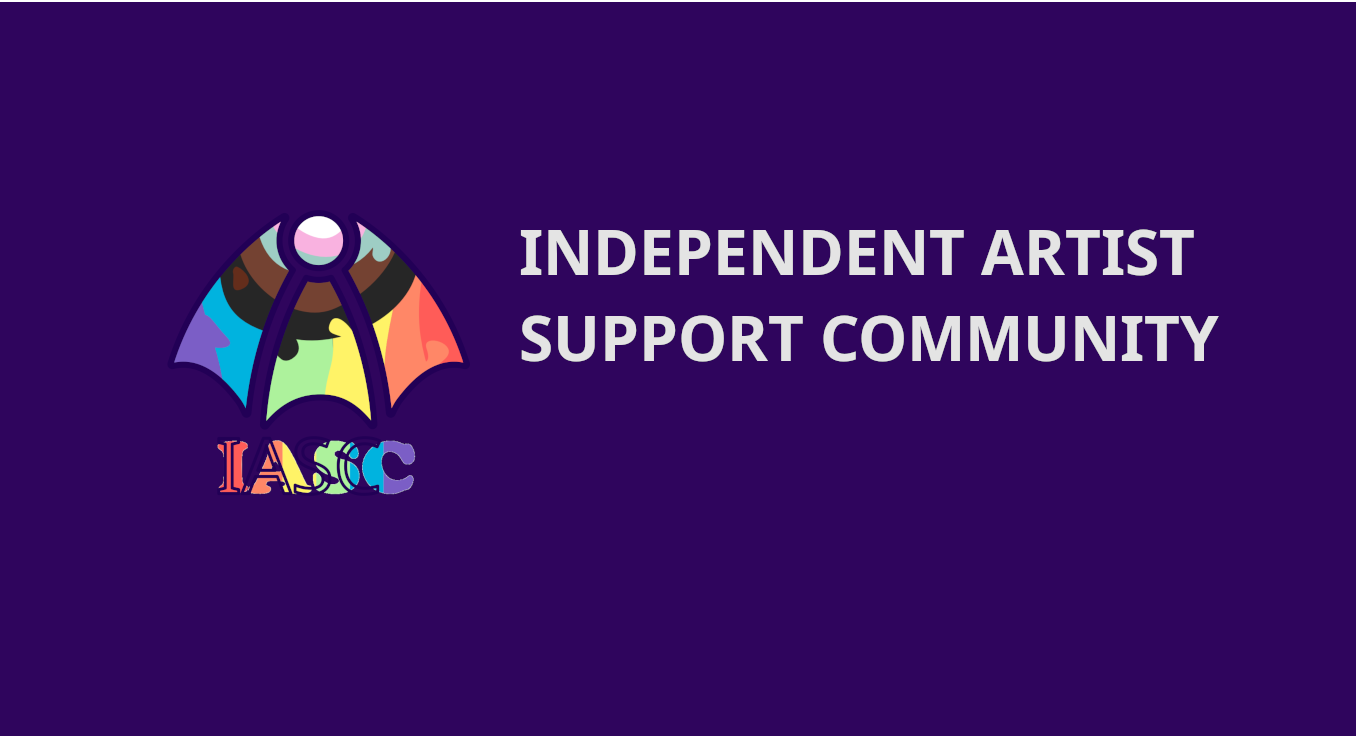
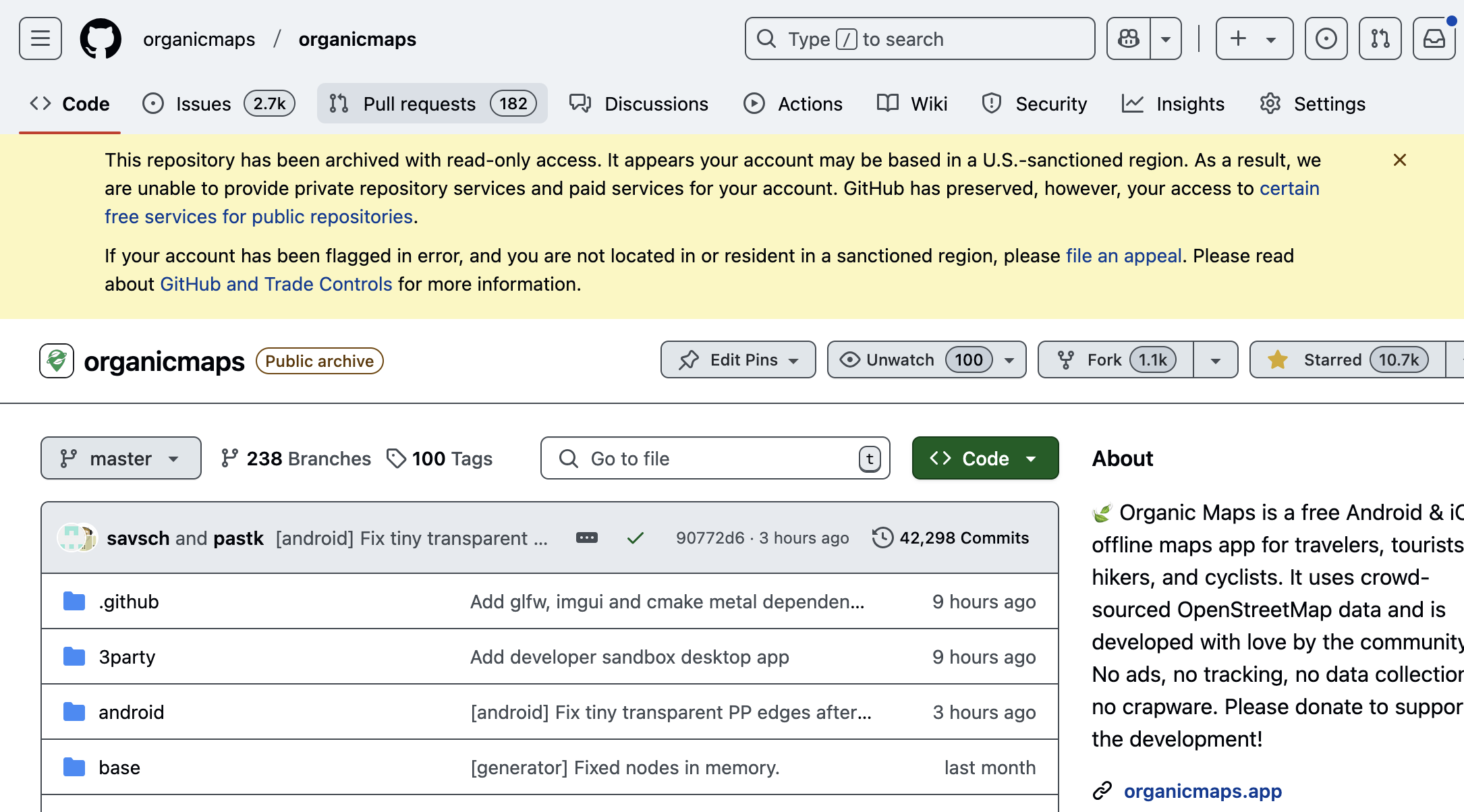

 (and it's projects, like Hachyderm
(and it's projects, like Hachyderm  ) and others. Because the world is currently very trauma inducing and it is very difficult to ask people to unlearn patterns that hurt them, when they've been reinforced that those are the only patterns that are successful.
) and others. Because the world is currently very trauma inducing and it is very difficult to ask people to unlearn patterns that hurt them, when they've been reinforced that those are the only patterns that are successful.



 tailscale)
tailscale)










